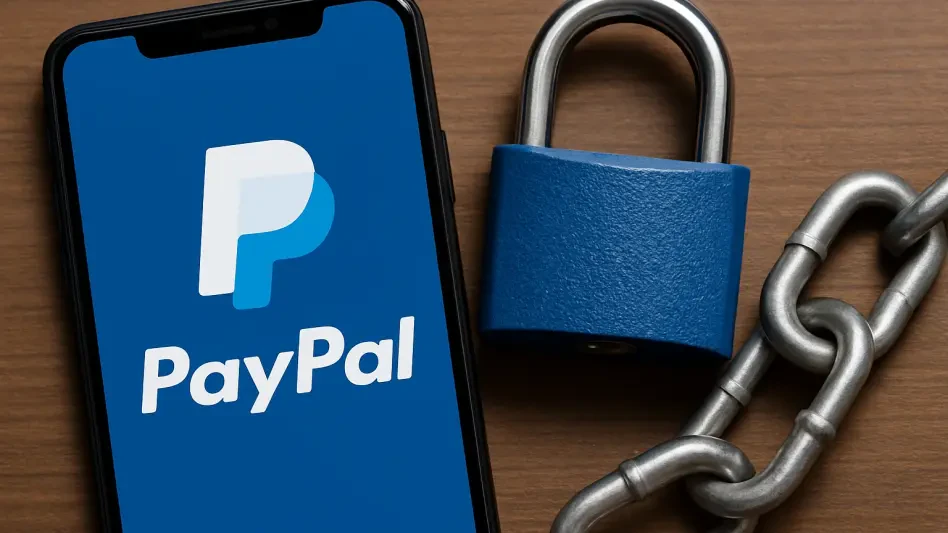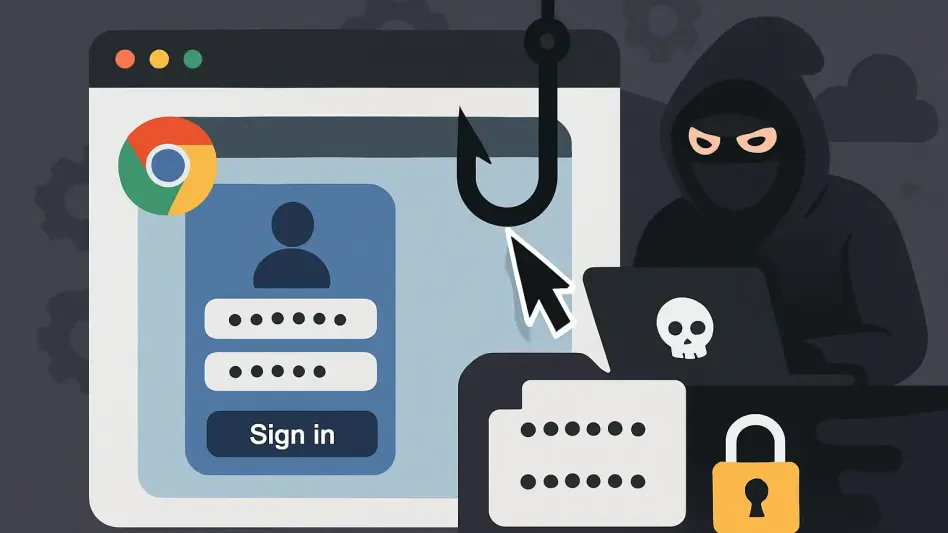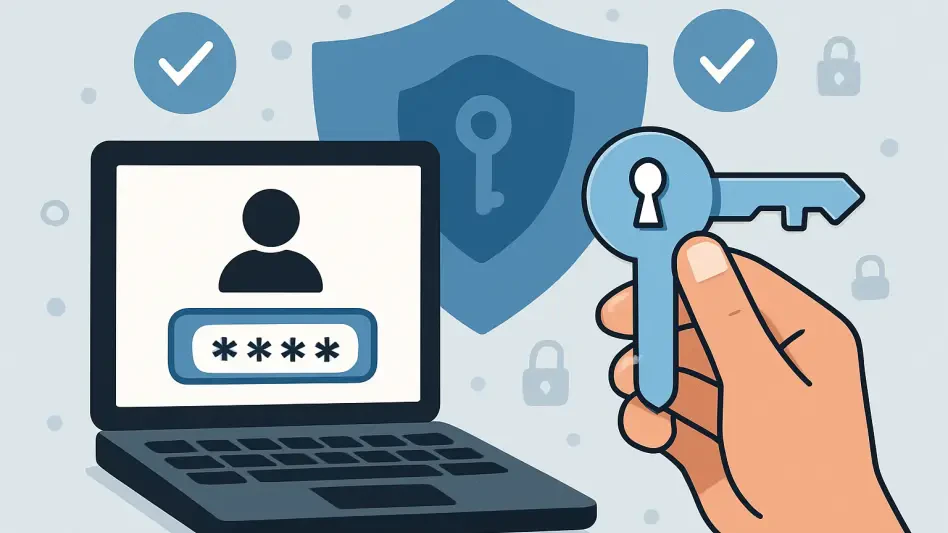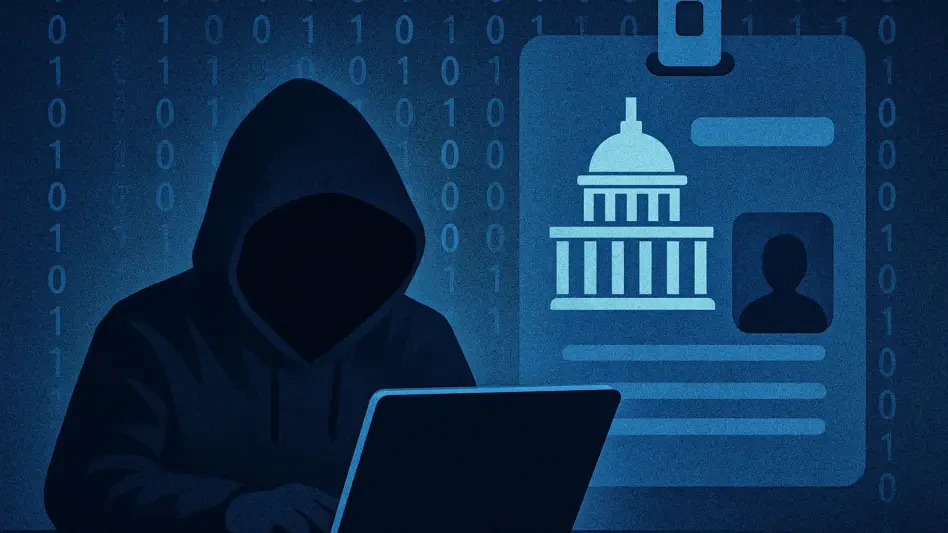In a scenario where technology and governance intersect in unprecedented ways, the significant controversy surrounding the United States Department of Government Efficiency (DOGE) and its access to sensitive US government computer systems has left many alarmed. This controversy has gained notable attention due to the involvement of Elon Musk and his affiliates, who have unprecedented access to personal, financial, and national security data. The gravity of this situation has led to both national and international outcry, with serious concerns regarding data security, privacy, and the potential for undue influence taking center stage.
The Unprecedented Access
Musk’s Unique Position
Elon Musk, although not the first businessman to be granted political power, is facing a unique level of public mistrust compared to his predecessors. His involvement with DOGE and the access it affords him starkly contrasts with previous instances where businessmen-turned-politicians were not viewed with the same level of suspicion. This distrust is rooted in the foundational principles of modern cybersecurity, which emphasize the importance of not trusting anything or anyone without concrete and verifiable security measures. The heightened public concern is twofold: a lack of confidence in Musk and the perceived inadequacies in the government’s current cybersecurity protocols.
This scenario is particularly unsettling for many because it challenges the principle known as “zero trust architecture,” a keystone in contemporary cybersecurity strategies. The zero trust model advocates for verification of each and every access request, irrespective of the requester’s internal or external status. Public apprehension stems from the belief that Musk’s access to such sensitive data is not sufficiently backed by these stringent security measures. The necessity for verifiable security and the hesitation to place trust in any single entity or individual without proof aggravates existing vulnerabilities within the government’s cyber defenses.
Insider Threat Concerns
The discourse surrounding DOGE’s access and Musk’s involvement prominently features the concept of an “insider threat.” Insider threats refer to cybersecurity incidents initiated by individuals who have authorized access to critical systems and data. Such threats can pose severe risks to the CIA triad of cybersecurity, comprising confidentiality, integrity, and availability. A high-profile historical example that underscores the potential damage of insider threats is Edward Snowden’s leak of classified NSA documents in 2013, which had far-reaching consequences for national security.
The presence of insider threats highlights the delicate balance needed in cybersecurity—ensuring access for legitimate purposes while preventing unauthorized use of critical information. This balance is particularly intricate in government settings, where vast amounts of sensitive data are managed. The repercussions of an insider threat can be devastating, from the exposure of confidential information to the manipulation of critical infrastructure. In the case of DOGE and Musk’s involvement, the potential consequences of such threats loom large, prompting a deeper examination of trust, access controls, and robust security practices within government systems.
Mitigating Insider Threats
Strategies for Prevention
Mitigating insider threats entails implementing a series of robust strategies designed to minimize risks while maintaining essential operations. These strategies include rigorous employee vetting processes, ensuring only those with the highest degrees of trustworthiness are granted access to sensitive information. Additionally, adopting the principle of least privilege, where employees are granted only the minimal necessary access and privileges, can significantly reduce potential threat vectors. Continuous auditing of access logs and activities further strengthens security, ensuring any anomalous behavior is promptly identified and addressed.
A zero trust architecture, which necessitates frequent authentication and authorization for every access request to systems or files, further bolsters security. Monitoring for unusual behaviors and fostering a comprehensive cyber-aware culture within organizations are critical components in preventing insider threats. Such measures should be rigorously applied within government systems to maintain and build public trust. Ensuring a culture where cybersecurity awareness is ingrained can lead to more vigilant behavior among employees, reducing the likelihood of insider threats materializing.
Current Implementation Issues
Despite these preventive strategies, reports suggest that DOGE has faced significant shortcomings in effectively implementing them. Instances of DOGE employees accessing classified systems without the necessary security clearances have surfaced, raising red flags about the adequacy of current security measures. This unauthorized access undermines the very protocols designed to safeguard sensitive information. Furthermore, the possession of a security clearance does not inherently guarantee ethical behavior. Security clearances evaluate past behavior but cannot predict future actions, leaving a gap in continuous assurance.
Such implementation gaps pose significant security risks and draw attention to operational deficiencies. There have been reports indicating that some DOGE employees had “write” access to critical systems such as the Treasury, enabling the potential alteration of federal spending codes. This level of access raises concerns about the integrity of federal systems and the broader implications for national security. Ensuring that access controls and security clearances are periodically reviewed and updated to reflect current threats and vulnerabilities is imperative for maintaining robust cybersecurity.
The Symbolism of Security Clearances
Clearances as Status Symbols
In the United States, security clearances have evolved beyond their practical purpose to symbolize status and access to lucrative career opportunities and power. This symbolic nature can inadvertently undermine independent judgment and lead to further complications within governmental operations. Reports have highlighted that DOGE employees often possess excessive access rights, exemplified by one case wherein an employee had the ability to alter federal spending codes within the Treasury system. Such cases of extensive access underscore the necessity for a review and possibly a restructuring of clearance protocols to ensure that access is granted strictly on a need-to-know basis.
The potential for misuse of access, whether for personal gain or otherwise, underscores the complexity of maintaining security while enabling efficient government operations. This dual purpose of security clearances—as both a functional necessity and a status symbol—complicates efforts to ensure that only trustworthy individuals handle sensitive information. Reimagining the criteria and procedures for granting clearances could mitigate the risks posed by excessive access, ensuring that only the most qualified and reliable individuals are entrusted with critical data.
Declassification Dilemmas
An ongoing dilemma within the framework of security clearances and access controls is the process of information declassification. Even with robust access controls, once an individual has viewed sensitive information, there is no way to revoke that memory or ensure that the information isn’t misused if their clearance is terminated. This is particularly pertinent in Musk’s scenario, as the data he and his affiliates have already accessed cannot be unseen. The onus then falls on public trust—relying on the hope that Musk and his associates will manage this information responsibly and ethically, which is a deeply contentious matter.
Developing effective strategies for information declassification and ensuring any revoked clearances cannot translate into future threats is crucial. Nonetheless, public opinion remains sharply divided on the matter. Polls suggest that a significant portion of the populace lacks confidence in Musk or DOGE to manage such sensitive information with the required prudence. The challenge is not only technological but also deeply rooted in the human aspect of cybersecurity. Ensuring that individuals respect and adhere to ethical standards in handling classified data remains a pivotal concern.
Public Trust and Cybersecurity
Divided Public Opinion
Public trust plays a crucial role in the efficacy and perception of cybersecurity measures. Current polls reflect a divided opinion, indicating that many individuals do not harbor sufficient trust in Musk or DOGE to handle sensitive information responsibly. Even with meticulously implemented insider threat protections, the assurance of 100% security is unattainable, given the unpredictable nature of human behavior. The presence of such doubts among the public underscores the inherent vulnerabilities in relying solely on procedural safeguards to protect critical information.
This split in public opinion highlights the necessity for ongoing transparency and accountability from both government bodies and private entities involved in managing sensitive data. Building public trust requires clear communication of the measures in place, the protocols followed, and the underlying commitment to safeguarding national security. Bridging the trust gap involves not only enhancing cybersecurity measures but also demonstrating unwavering adherence to ethical standards and responsible data management practices by those granted access.
Balancing Efficiency and Security
In a scenario where technology and governance intersect in unprecedented ways, the significant controversy surrounding the United States Department of Government Efficiency (DOGE) and its access to sensitive US government computer systems has left many alarmed. This situation has garnered notable attention especially due to Elon Musk and his affiliates, who have gained unprecedented access to personal, financial, and national security data. The presence of such influential figures has led to an outcry both domestically and internationally. Concerns over data security, privacy, and the possibility of undue influence have taken center stage, as citizens and officials worry about the implications of this access. The fears are not just about the misuse of the data but also about how this kind of access could influence decision-making processes and national security policies. The blending of technological power with governmental authority in this manner is causing many to call for stricter regulations and oversight to ensure that such access does not compromise the integrity and privacy of sensitive information.







